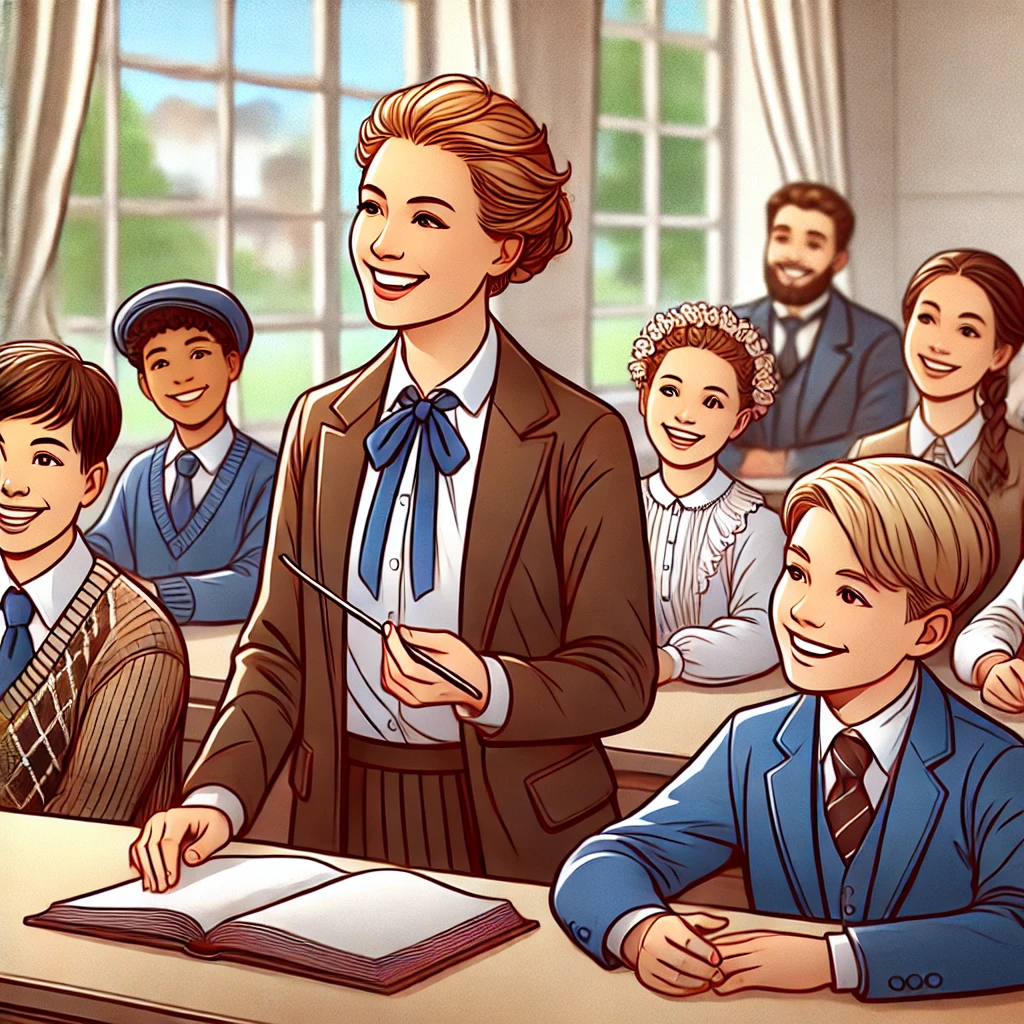Why Traditional In-Person Teaching is Still Valuable
In the fast-paced world of online education, the value of traditional, in-person teaching experiences should not be overlooked. While online learning offers convenience and flexibility, there are unique advantages to the traditional classroom setting that cannot be replicated in a virtual environment. These advantages can greatly enhance the learning experience for students and provide valuable skills that are essential for personal and professional growth.
Interpersonal Connection
One of the most significant advantages of traditional, in-person teaching is the interpersonal connection between students and teachers. In a physical classroom, students have the opportunity to engage with their peers and instructors face-to-face, allowing for more personal interactions and meaningful relationships to develop. This interpersonal connection fosters a sense of community and support, which can enhance the learning process and create a more enriching educational experience.
Immediate Feedback
Another key advantage of traditional teaching is the ability to provide immediate feedback to students. In a physical classroom, instructors can observe students' reactions, body language, and engagement levels in real-time, allowing them to adjust their teaching methods and provide timely feedback. This immediate feedback helps students stay on track, correct misunderstandings, and make necessary adjustments to their learning strategies, ultimately leading to better academic performance.
Hands-On Learning
Traditional, in-person teaching also offers more opportunities for hands-on learning experiences. In a physical classroom, students can participate in group activities, experiments, demonstrations, and other interactive exercises that enhance their understanding of the material. Hands-on learning promotes critical thinking, problem-solving skills, and creativity, which are essential for success in the modern workforce. Additionally, hands-on learning can help students retain information better and apply their knowledge in real-world situations.
Enhanced Communication Skills
Finally, traditional teaching experiences can help students develop essential communication skills that are crucial for personal and professional success. In a physical classroom, students have the opportunity to practice verbal communication, active listening, collaboration, and teamwork, which are all valued skills in today's job market. By interacting with their peers and instructors in person, students can improve their communication abilities and build confidence in expressing their ideas and opinions effectively.
In conclusion, while online learning offers many benefits, traditional, in-person teaching experiences provide unique advantages that are invaluable for students' personal and professional growth. The interpersonal connection, immediate feedback, hands-on learning opportunities, and enhanced communication skills fostered in a physical classroom setting cannot be replicated in a virtual environment. By embracing the best of both worlds, students can receive a well-rounded education that prepares them for success in an increasingly digital world.




